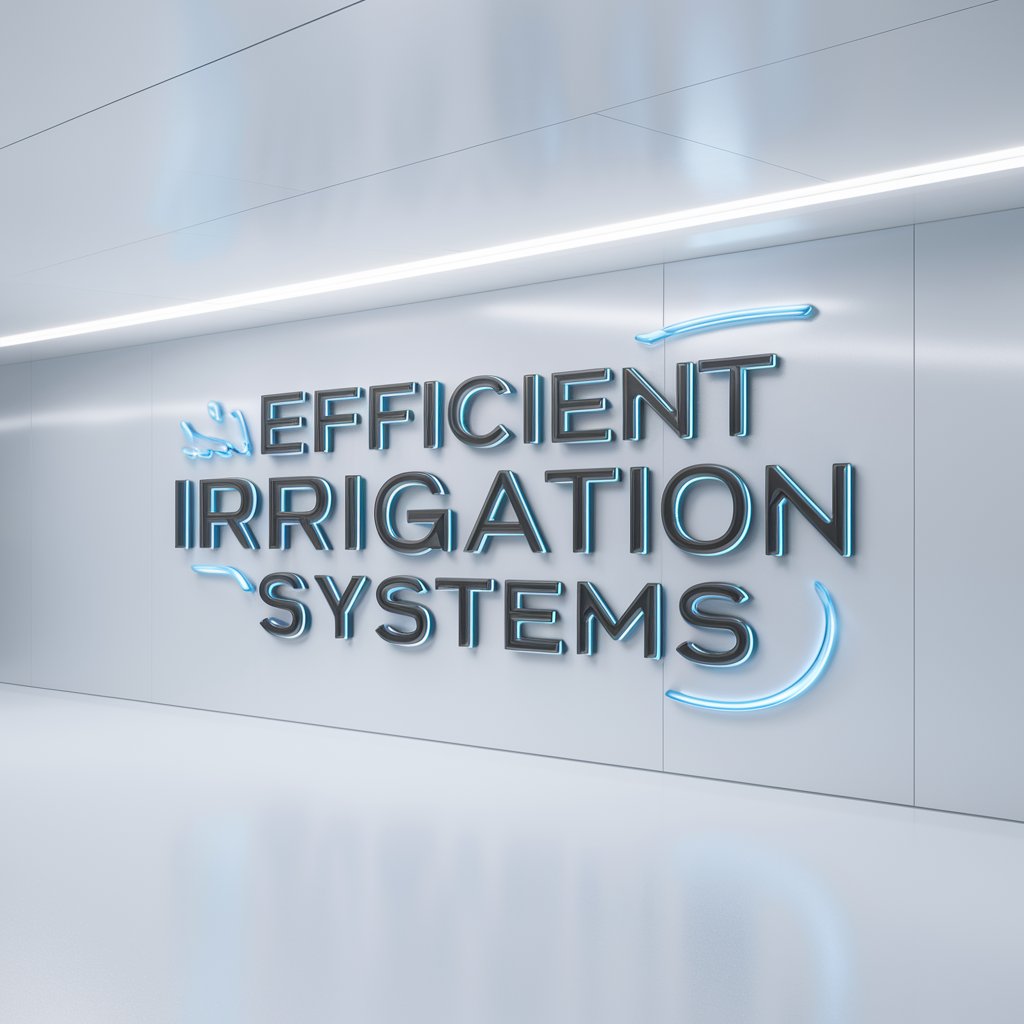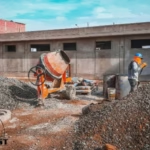Efficient irrigation systems are essential for maintaining a healthy garden while conserving water and reducing utility costs. Homeowners can choose from a variety of irrigation methods, each with its own advantages and suitability for different garden types. This comprehensive guide explores the most efficient irrigation systems available and offers some tips on selecting and maintaining the best one for your needs.
Drip Irrigation
Description:
Drip irrigation delivers water directly to the base of plants through a network of tubes, emitters, and drip lines. It releases water slowly, ensuring that it penetrates the soil and reaches the root zone. You can find all your drip irrigation equipment needs at NFIE.net.
Advantages:
- Water Efficiency: Minimizes water waste by reducing evaporation and runoff.
- Targeted Watering: Delivers water precisely where it’s needed, reducing weed growth.
- Healthier Plants: Promotes deep root growth and reduces the risk of diseases.
Best For:
- Garden beds, vegetable gardens, and landscaped areas with diverse plant types.
- Plants with specific water needs, such as shrubs and perennials.
Sprinkler Systems
Description:
Sprinkler systems distribute water through a series of heads that spray water over the landscape, mimicking natural rainfall. Sprinklers can be stationary or rotating.
Advantages:
- Coverage: Effective for covering large areas, such as lawns.
- Versatility: Suitable for various plant types and garden layouts.
Best For:
- Lawns, flower beds, and large garden areas.
- Gardens with uniform plant types and water needs.
Soaker Hoses
Description:
Soaker hoses are porous hoses that release water slowly along their length, soaking the soil evenly. They’re typically placed on the ground or buried slightly beneath the soil surface.
Advantages:
- Simplicity: Easy to install and use, with minimal maintenance.
- Efficiency: Reduces water waste by delivering water directly to the soil.
Best For:
- Row gardens, vegetable patches, and small flower beds.
- Areas with uniform planting and spacing.
Automated Systems
Description:
Automated irrigation systems use timers, sensors, and controllers to schedule and regulate watering. They can be integrated with various types of irrigation methods, including drip and sprinkler systems.
Advantages:
- Convenience: Automates watering, reducing manual effort.
- Precision: Ensures consistent watering schedules, preventing overwatering and underwatering.
Best For:
- Homeowners with busy schedules or large landscapes.
- Gardens that require precise and consistent watering.
Factors to Consider When Choosing an Irrigation System
Garden Size and Layout
- Large Areas: Sprinkler systems are ideal for covering extensive lawns and gardens.
- Small to Medium Areas: Drip irrigation and soaker hoses are suitable for smaller, more controlled spaces.
Plant Types and Water Needs
- Diverse Planting: Drip irrigation allows for customized watering of plants with varying needs.
- Uniform Planting: Sprinklers and soaker hoses work well for areas with plants that have similar water requirements.
Soil Type
- Clay Soil: Slow, deep watering methods like drip irrigation are best for clay soils to prevent waterlogging.
- Sandy Soil: More frequent watering with sprinklers or soaker hoses can help to maintain moisture in fast-draining sandy soils.
Water Availability and Conservation
- Water Conservation: Drip irrigation and soaker hoses are the most water-efficient methods, minimizing waste.
- Water Availability: Automated systems help to manage limited water resources effectively by scheduling watering during optimal times.
Budget and Maintenance
- Budget-Friendly: Soaker hoses are generally more affordable and easier to install than other systems.
- Low Maintenance: Automated systems require less manual intervention but may have higher upfront costs.
Conclusion
Choosing the right irrigation system is essential for maintaining a healthy, thriving garden while conserving water and reducing maintenance efforts. By considering factors such as garden size, plant types, soil conditions, and budget, you can select the most suitable irrigation method for your needs. Whether you opt for drip irrigation, sprinklers, soaker hoses, or an automated system, proper planning, installation, and maintenance will ensure that your garden receives the optimal amount of water for robust growth and vitality.






